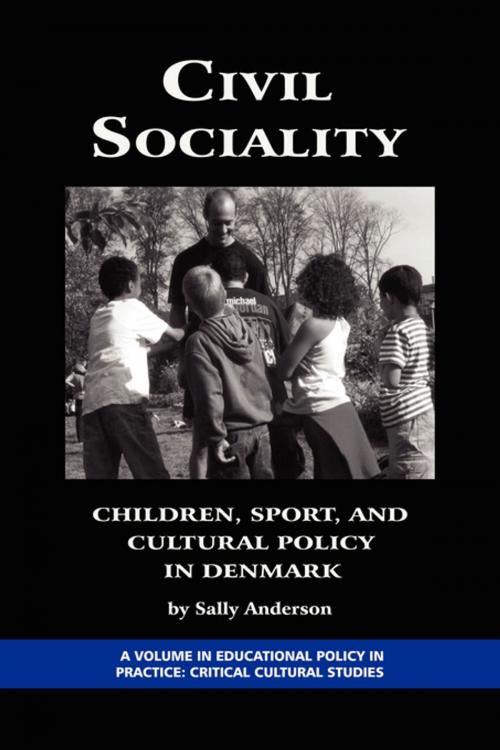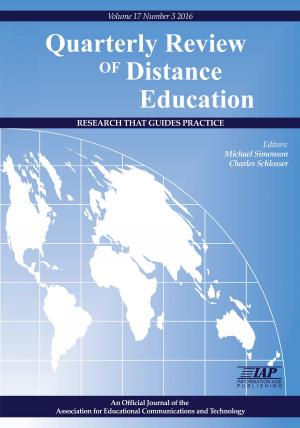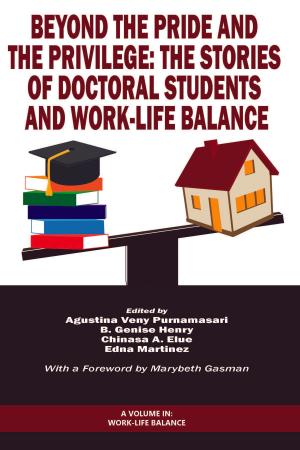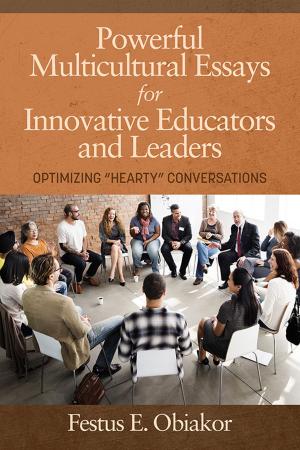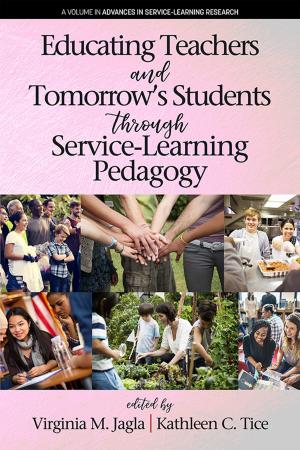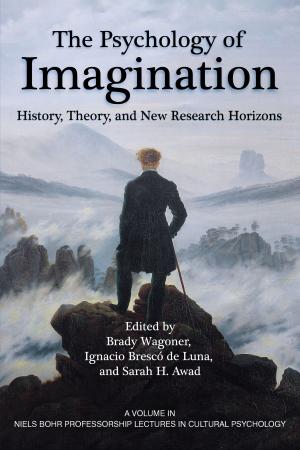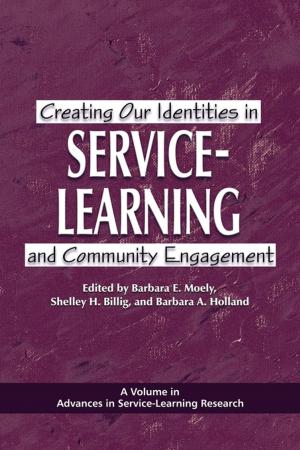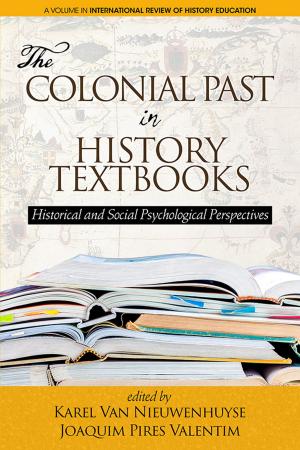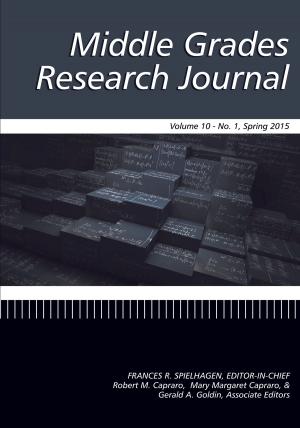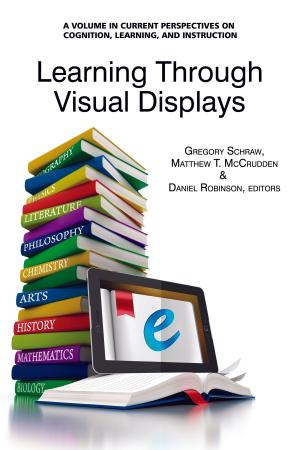Civil Sociality
Children, Sport, and Cultural Policy in Denmark
Nonfiction, Reference & Language, Education & Teaching, Higher Education, Sports| Author: | Sally Anderson | ISBN: | 9781607526131 |
| Publisher: | Information Age Publishing | Publication: | April 1, 2008 |
| Imprint: | Information Age Publishing | Language: | English |
| Author: | Sally Anderson |
| ISBN: | 9781607526131 |
| Publisher: | Information Age Publishing |
| Publication: | April 1, 2008 |
| Imprint: | Information Age Publishing |
| Language: | English |
Sally Anderson's book on sport, cultural policy, and “civil sociality” in Denmark has been a long time in coming, but it's well worth the wait. Based on many years of familiarity with Danish society, and countless hours of intensive fieldwork, Dr. Anderson provides us with a unique anthropological perspective on the process by which state cultural policy actively engages civil society in a quest to shape social relations in the public sphere. The particular domain of policy and social activity is nonschool, voluntary sport, in its various forms. By definition, of course, such activity takes place outside the regular Danish school curriculum, but it is not for this reason any less "educational." Indeed, although it is very broadly attended and institutionalized, perhaps because Danish afterschool sport is not compulsory, it is all the more compelling for children and youth, and therefore more powerful in certain ways. Indeed, Dr. Anderson has a signal talent for showing us how afterschool sport in Denmark both transmits and produces social knowledge, and powerfully shapes social relations.
Sally Anderson's book on sport, cultural policy, and “civil sociality” in Denmark has been a long time in coming, but it's well worth the wait. Based on many years of familiarity with Danish society, and countless hours of intensive fieldwork, Dr. Anderson provides us with a unique anthropological perspective on the process by which state cultural policy actively engages civil society in a quest to shape social relations in the public sphere. The particular domain of policy and social activity is nonschool, voluntary sport, in its various forms. By definition, of course, such activity takes place outside the regular Danish school curriculum, but it is not for this reason any less "educational." Indeed, although it is very broadly attended and institutionalized, perhaps because Danish afterschool sport is not compulsory, it is all the more compelling for children and youth, and therefore more powerful in certain ways. Indeed, Dr. Anderson has a signal talent for showing us how afterschool sport in Denmark both transmits and produces social knowledge, and powerfully shapes social relations.
